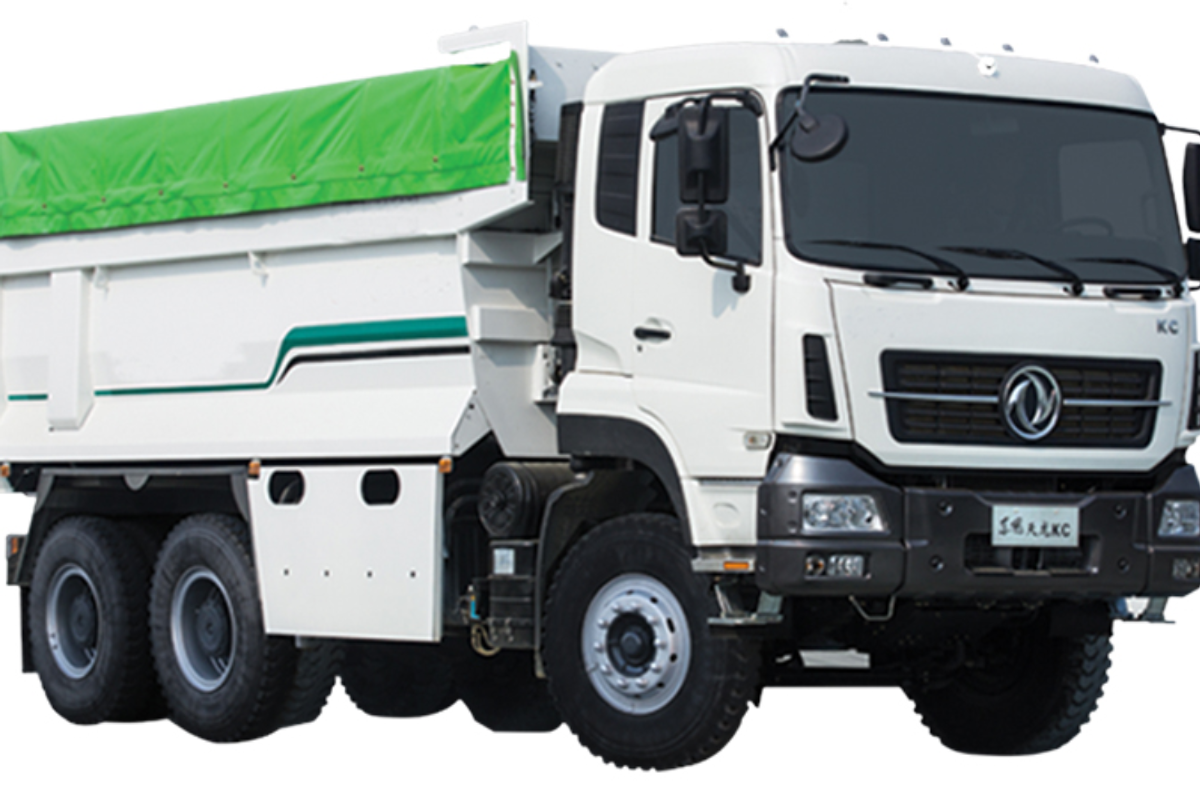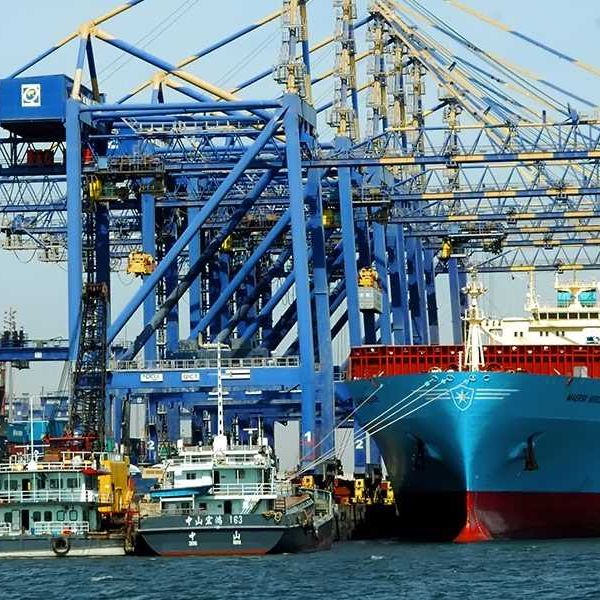Pakistan likely to allow unrestricted commercial vehicle imports
Govt planning on allowing commercial vehicles of any model or age from July 2026
Business Desk
The Business Desk tracks economic trends, market movements, and business developments, offering analysis of both local and global financial news.

DF375 model of Dongfeng, a Chinese truck manufacturer.
Gandhara Automobiles Ltd
Pakistan is expected to lift all restrictions on the import of used commercial vehicles from July 1, 2026, effectively opening the market to used commercial vehicles of any model or year.
Ministry of Commerce officials confirmed that final consultations with key stakeholders, including local automakers, are underway on the issue.
The move aims to boost competition, give consumers more choice, and gradually dismantle the long-standing protectionist framework that has shaped the country's auto industry.
If implemented, this landmark policy shift could redefine Pakistan’s automotive landscape, unlocking greater affordability, innovation, and investment in the sector, according to experts.
As part of the fiscal budget 2025–26, the government had already announced a relaxation, allowing the import of used commercial vehicles up to five years old. This step aligns with the International Monetary Fund’s (IMF) recommendations to phase out additional duties on localized items and to legalize used commercial vehicle imports.
However, following concerns raised by the Japan Chamber of Commerce and Industry (JCCI) regarding the impact on existing Japanese stakeholders, the government decided to impose a 40% additional customs duty on these imports during the first year. This temporary measure is expected to be lifted alongside age restrictions in July 2026.
Officials said that the federal cabinet is expected to approve these proposals soon.
Currently, used vehicle imports are limited to overseas Pakistanis under three personal-use schemes — gift, baggage, and transfer of residence. Under the schemes, vehicles up to three years old can be brought into Pakistan.
However, a recent report by the Pakistan Association of Automotive Parts & Accessories Manufacturers (PAAPAM) revealed widespread misuse of these schemes by commercial dealers. Many dealers reportedly exploit third-party passports, channel payments through illegal hawala networks, and evade taxes by selling vehicles in cash.
In FY2024–25 alone, nearly 40,000 used cars were imported under these personal-use schemes, many of which bypassed regulatory checks.
PAAPAM has recommended urgent reforms, including suspension of the National Tariff Policy 2025–30’s cascade-flattening policy and restoration of a transparent tariff structure to incentivize localization, stricter regulations for used-car imports, including mandatory Japan Auto Appraisal Institute certification, closure of loopholes in personal-use schemes used for commercial purposes and introduction of a scrappage and end-of-life vehicle policy, potentially generating demand for 1.8 million new vehicles annually.
It also suggested using auto-financing policy levers such as extended loan tenures and first-time buyer support to sustainably grow the market, freezing and a policy and tariff changes through FY2027 to boost investor confidence and unlock delayed capital investments.
The association also urged immediate relief measures for small and medium enterprises in the auto parts sector, including improved access to working capital, energy tariff rationalization, and faster tax refunds.










Comments
See what people are discussing